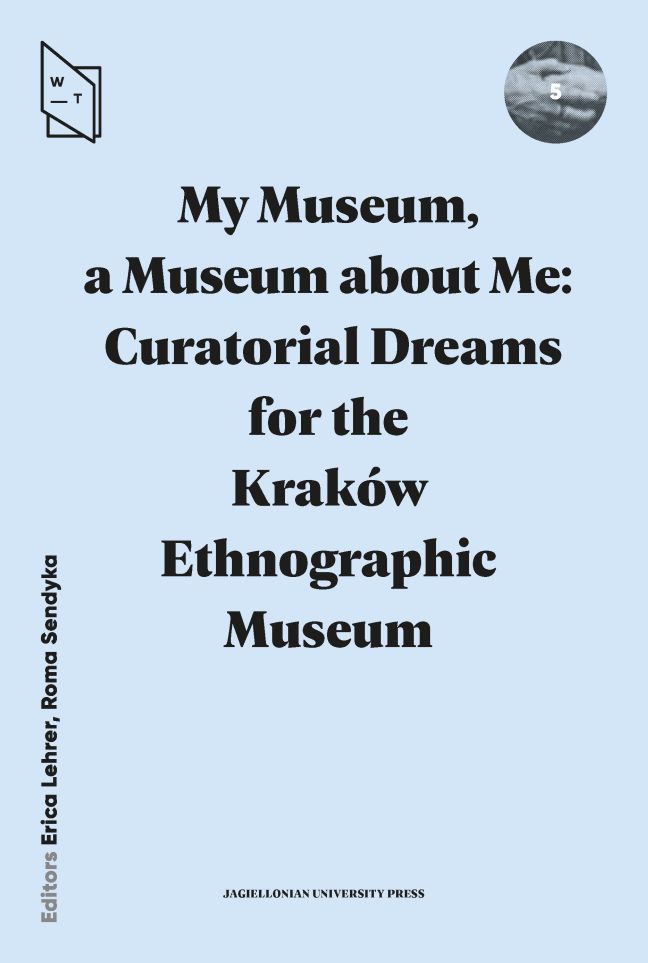Dreaming, Wishing, and Thinking in the Museum
Published online by Cambridge University Press: 01 March 2024
Summary
I had never dreamt about the Ethnographic Museum of Kraków (MEK). Nor had I had any wishes about it, either when I visited it, as required of students in the Polish People's Republic (PRL), or when I began to work with the collections, out of interest in forms of memory culture (with the exception, perhaps, of a pragmatic desire for fuller and more complete access to its archives). My own family roots among provincial craftsmen did link me to rural realities and myths inherited from pre-war society, but in accordance with the dominant attitudes of later, now urban, generations, I ignored this inheritance as dated and distant, so not really “mine.” I also shared my generation's impatience with the “folklore” that was irritatingly omnipresent in the times of communist Poland, intuitively perceiving its artificial and obnoxious form (simultaneously too strenuously fabricated and too strongly tied to very real ruralness). It was only the unexpected desire expressed by Erica Lehrer to reveal that which was hidden behind the trappings of Cepelia (PRL Poland's state-run arts and handicraft stores), making use of the Kraków museum's permanent exhibition as a ready-made laboratory for such thinking, that I was mobilized to ask the question: who am I, coming from a Polish village?
I think through the village. I see through the village. Through that landscape. The city in Poland seems to me like something imaginary, derivative. (Andrzej Stasiuk in an interview with Dorota Wodecka)
We are the descendants of peasants (title of a conversation between Marta Duch-Dyngosz and Jacek Wasilewski in Znak)
The problem of peasants or the peasant ancestry of a large majority of the citizens of this country is something that needs to be recognized and described. (Andrzej Leder in an interview with “Krytyka Polityczna”)
The slogan, “My museum, a museum about me,” welcoming visitors at the entrance to the Seweryn Udziela Ethnographic Museum of Kraków since 2008, prompts us to examine identity on an individual level. The permanent exhibition, however, depicts an idealized (rather than a specific) Polish village, thus the invitation to self-analysis can be understood in a general way: as a stimulus to consider the identity of a certain portion of society.
- Type
- Chapter
- Information
- My Museum, a Museum about MeCuratorial Dreams for the Kraków Ethnographic Museum, pp. 21 - 30Publisher: Jagiellonian University PressPrint publication year: 2023

